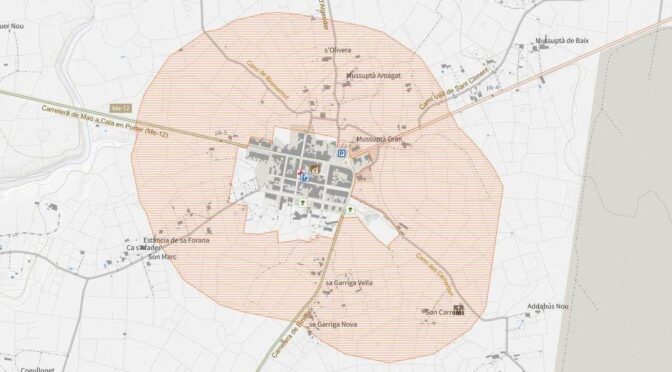Views: 294
Social and environmental organizations in the Balearic Islands have publicly announced the filing of a constitutional appeal before the Spanish Constitutional Court against the Balearic law regulating so-called strategic residential projects.
The action has the formal support of more than fifty members of parliament from the Socialist, Sumar/Més and Mixed (Podem) groups, along with their respective legal teams.
This new Law 4/2025 allows the construction of housing on rural land without prior services in municipalities with more than 20,000 inhabitants, as well as on urban and developable land in municipalities with more than 10,000 inhabitants. It also enables the modification of existing municipal plans, increases housing density and building ratios, and grants developers positive administrative silence, bypassing basic urban planning requirements such as parking or service provision.
The appeal argues that the law:
- Violates legal certainty and normative hierarchy by modifying planning rules through exceptional decrees.
- Undermines municipal and island autonomy, transferring powers to the regional government.
- Breaches national legislation on urban planning, environment, and rural land protection.
- Reduces rural land protection, creating an implicit amnesty for illegal constructions.
- Violates language rights, as it allows the substitution of healthcare personnel without adequate Catalan knowledge.
This action follows a similar appeal already admitted by the Constitutional Court against Law 7/2024, which promoted an extensive urban amnesty and deregulation mechanisms.
Both initiatives reveal a pattern of laws and decrees that deeply alter territorial planning without sufficient participation, environmental oversight, or respect for local competences.
The organizations emphasize that this is not only a technical or urban issue, but a key democratic moment for the Balearic Islands. They will continue monitoring the process and advocating for fair, participatory, and respectful housing and land policies that protect both people and the territory.


One thought on “Constitutional challenge against the “Strategic Residential Projects Law””
Comments are closed.